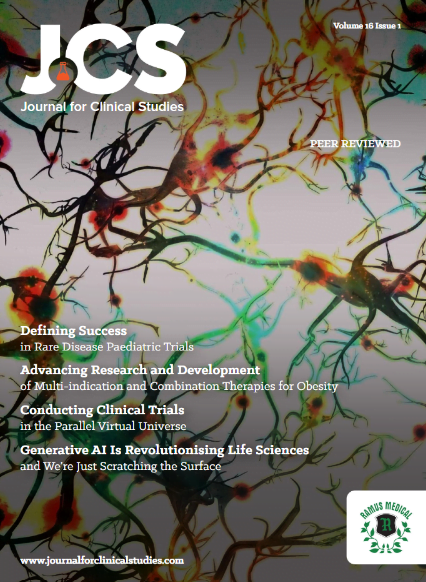A clinical trial testing AstraZeneca’s experimental drug AZD1775, an inhibitor of the cell cycle regulating protein WEE1, in patients with head and neck cancer has now launched in the UK.
The trial is being run through the Combinations Alliance, a joint initiative between Cancer Research UK and the Experimental Cancer Medicine Centres (ECMC) Network that supports research into drug combinations to bring cancer patients more treatment options that otherwise may not happen.
Researchers are looking at whether using AZD1775 in combination with chemotherapy before surgery or with chemotherapy and radiotherapy after surgery, is more effective and cuts the risk of the cancer recurrence.
The Phase I trial is designed to determine if it is safe to combine the drug with pre-surgery cisplatin chemotherapy and post-surgery cisplatin chemotherapy and radiotherapy in patients with head and neck cancer, and also the optimal dance.
Two groups of up to 21 patients will take part in the trial co-ordinated by the Cancer Research UK Clinical Trials Unit at the University of Birmingham, the first of which will receive AZD1775 with chemotherapy before surgery and the second AZD1775 in addition to chemotherapy and radiotherapy after surgery.
Further down the line, scientists might also assess whether a combination of AZD1775 and chemotherapy before surgery reduces the need for further treatment after surgery.
“Many patients diagnosed with aggressive types of head and neck cancer are at a high risk of relapse after surgery, so we urgently need to find new ways to treat the disease and reduce the risk of it returning,” said Professor Hisham Mehanna, chief investigator of the trial based at the Institute of Cancer and Genomic Studies at the University of Birmingham.
“We hope that combining this drug with chemotherapy will mean that treatment is more effective helping more people survive, and that those cured will have a better quality of life after treatment.”
“There is a strong scientific rationale for running this trial and we hope that this will bring clinical benefit to patients,” added Anthony Johnson, VP Early Clinical Development, Innovative Medicines and Early Development Biotech Unit at AZ.
Journal For Clinical Studies has a distinguished editorial advisory board providing the best guidelines for global clinical trials. Your resource for Multisite Studies and emerging markets.
Journal For Clinical Studies © 2024, All Rights Reserved – Powered by Teksyte















